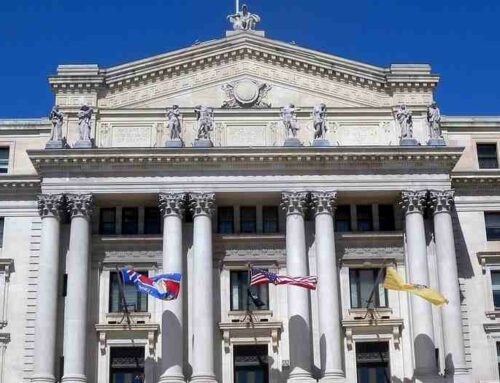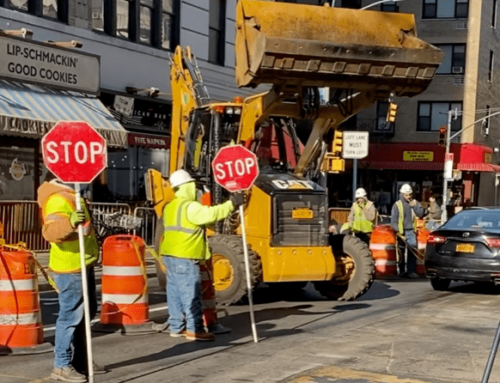Laws are enacted and changed by state and local legislatures throughout the year, but they typically go into effect on either January 1 or July 1. From requiring hazard pay of $5.00 per hour for grocery and pharmacy workers (Santa Barbara, CA), to protecting workers’ rights to overtime pay (VA), a number of worker protection laws are taking effect this month. Let’s take a look at some of these new laws and what they may mean for the future.
New York City has expanded two important worker protection laws in the Fair Chance ordinance.
- Fast-food employees cannot be discharged except for cause or negative economic conditions; layoffs must occur in inverse seniority order and provides for mediation of disputes.
- Applicants and employees are protected from employer actions based on pending criminal charges or arrests, or convictions arising during employment,
Nevada is an interesting place; from casinos to majestic landscapes, it offers many popular diversions and seems to always be in the news. Reflective of nationwide trends, three important labor and employment laws have been modified to expand worker protections as of July 1, 2021.
- The Nevada Labor Commission formerly had jurisdiction over unpaid wage claims and was perceived to be less than favorable to workers suffering wage theft. Senate Bill 245 requires that unpaid prevailing wage claims and other wage claims be filed in state court, and further states that the Labor Commission has no jurisdiction in those cases. Nevada has thus enhanced workers’ remedies when they are not paid for their work.
- Senate Bill 293 makes it illegal to ask applicants about their salary history and to use such information to decide whether to hire or how much to pay. Employers may ask applicants about their salary expectations, but not current wage or history.
- Nevada joins a growing list of states, counties, and cities banning discrimination based on hairstyle or coverings. Senate Bill 327 expands the definition of “race” to include “traits associated with race, including, without limitation, hair texture and protective hairstyles.” “Protective hairstyles” includes “without limitation, hairstyles such as natural hairstyles, afros, Bantu knots, curls, braids, locks, and twists.”
Unfortunately, no states are requiring an increase in the minimum wage as of July 1, and the federal minimum wage remains at $7.50 per hour. This, notwithstanding the fact that requiring employers to pay a living wage has the strong support of the American public, across party lines.
At Pelton Graham, we are continually monitoring developments in labor and employment law to be sure we are advising our clients using the latest information. We have successfully represented workers and groups of workers regarding unpaid commissions, unpaid prevailing wage, and unpaid overtime. For smaller matters, we often help clients contact the Department of Labor directly.
At Pelton Graham we get results – we don’t take every case, but if we take yours, we promise we’ll do our very best to get you the best possible result.
If you have any questions regarding your rights as an employee, applicant, independent contractor, or anything else related to the workplace, you can contact us for a no-obligation, no-cost consultation, by telephone, video conference, or in-person at our nearest office.











Leave A Comment